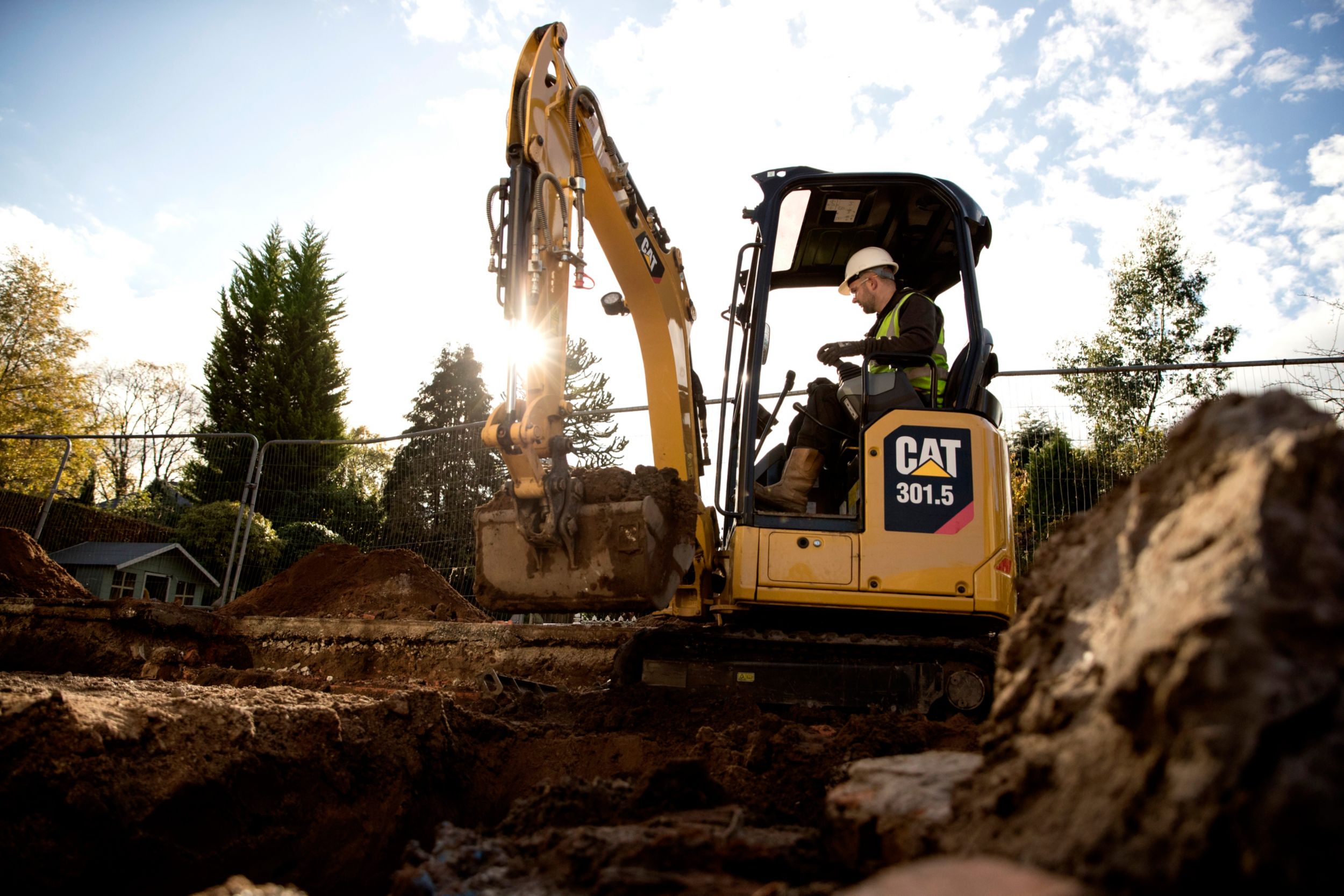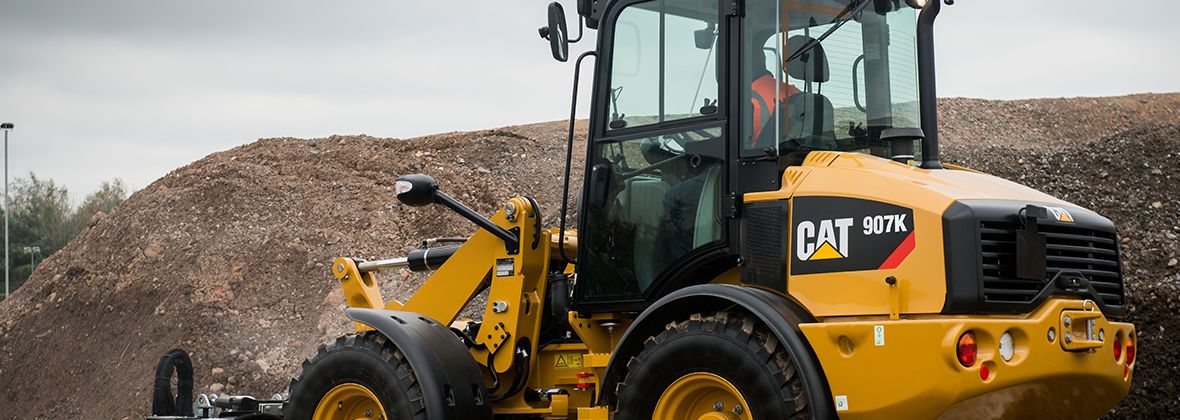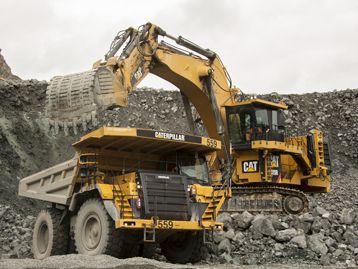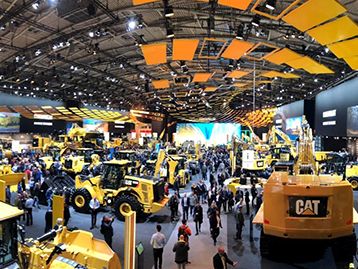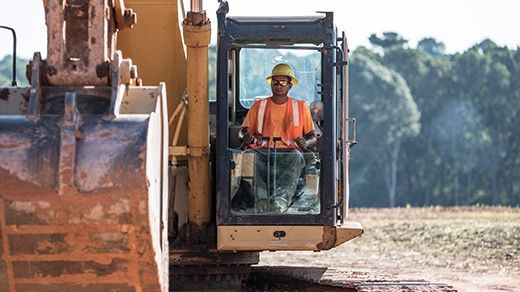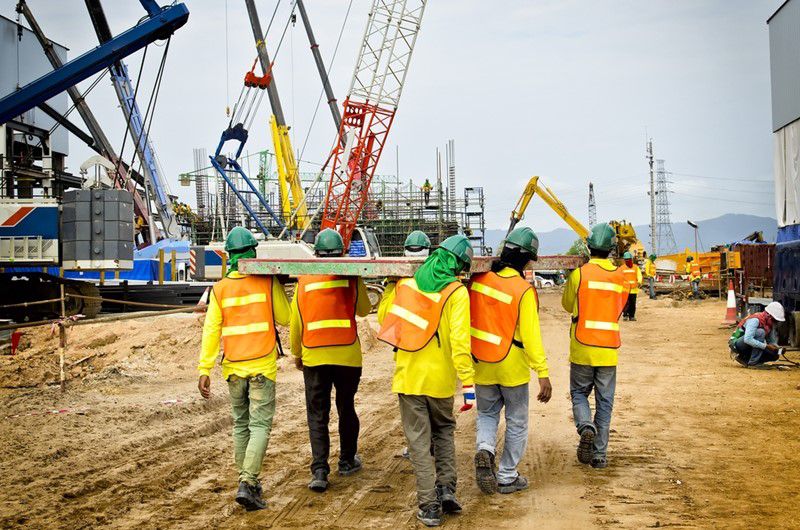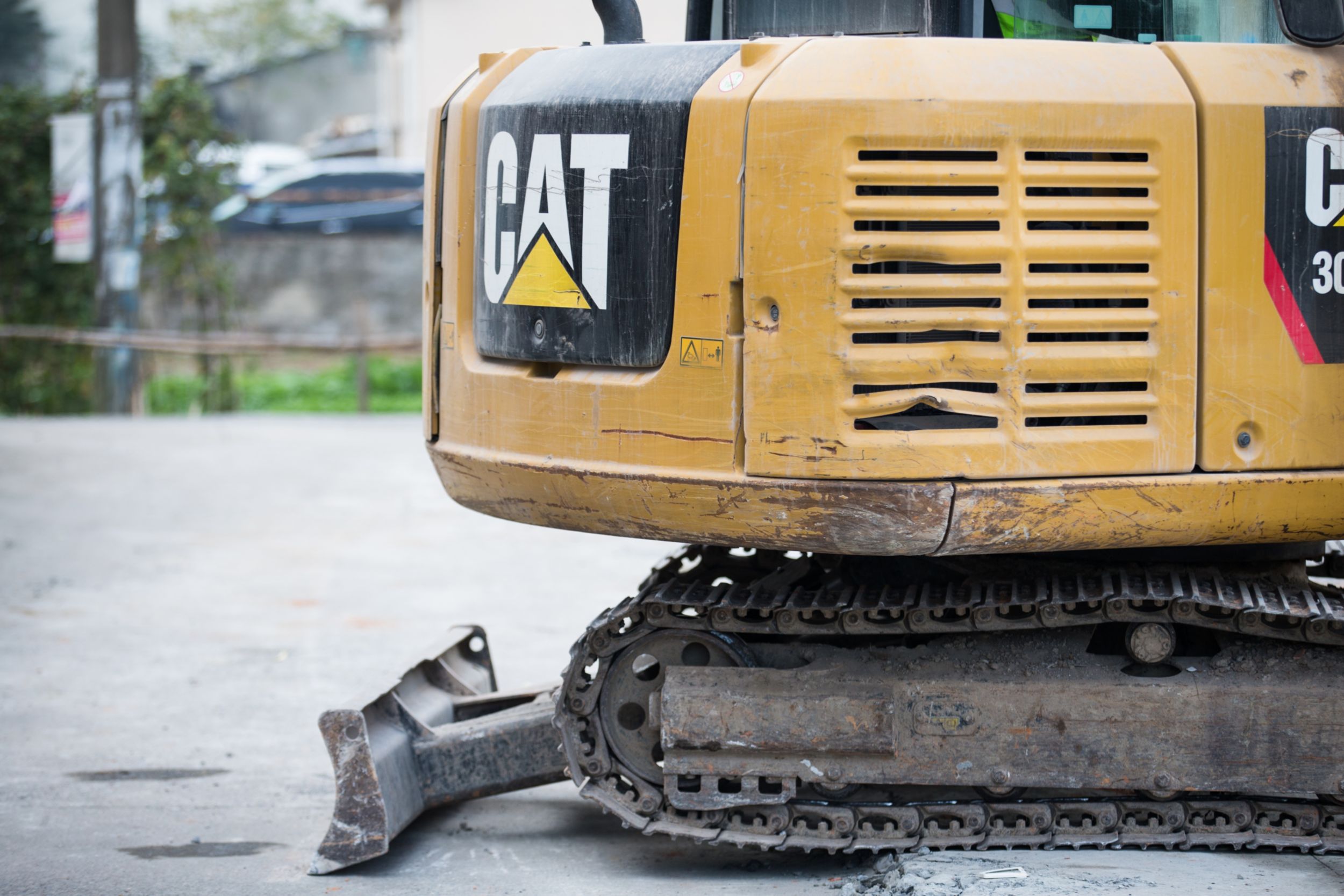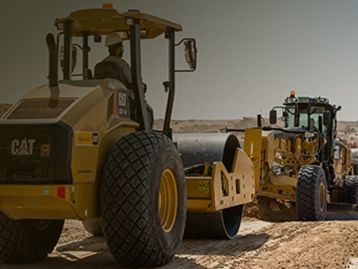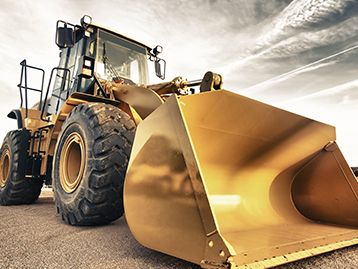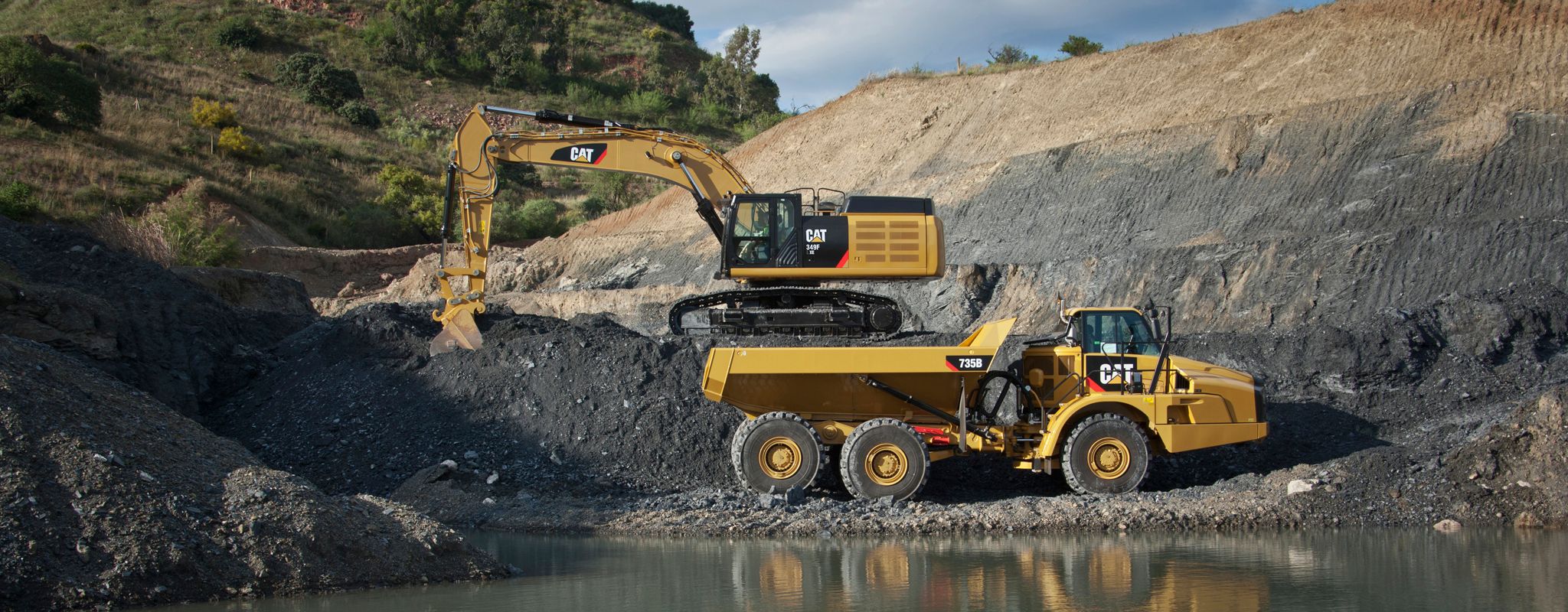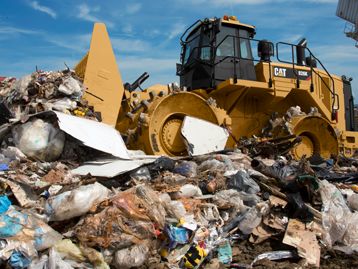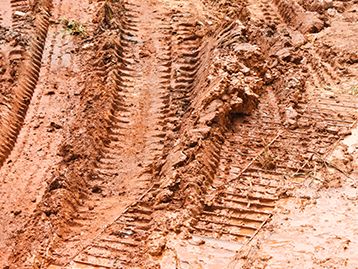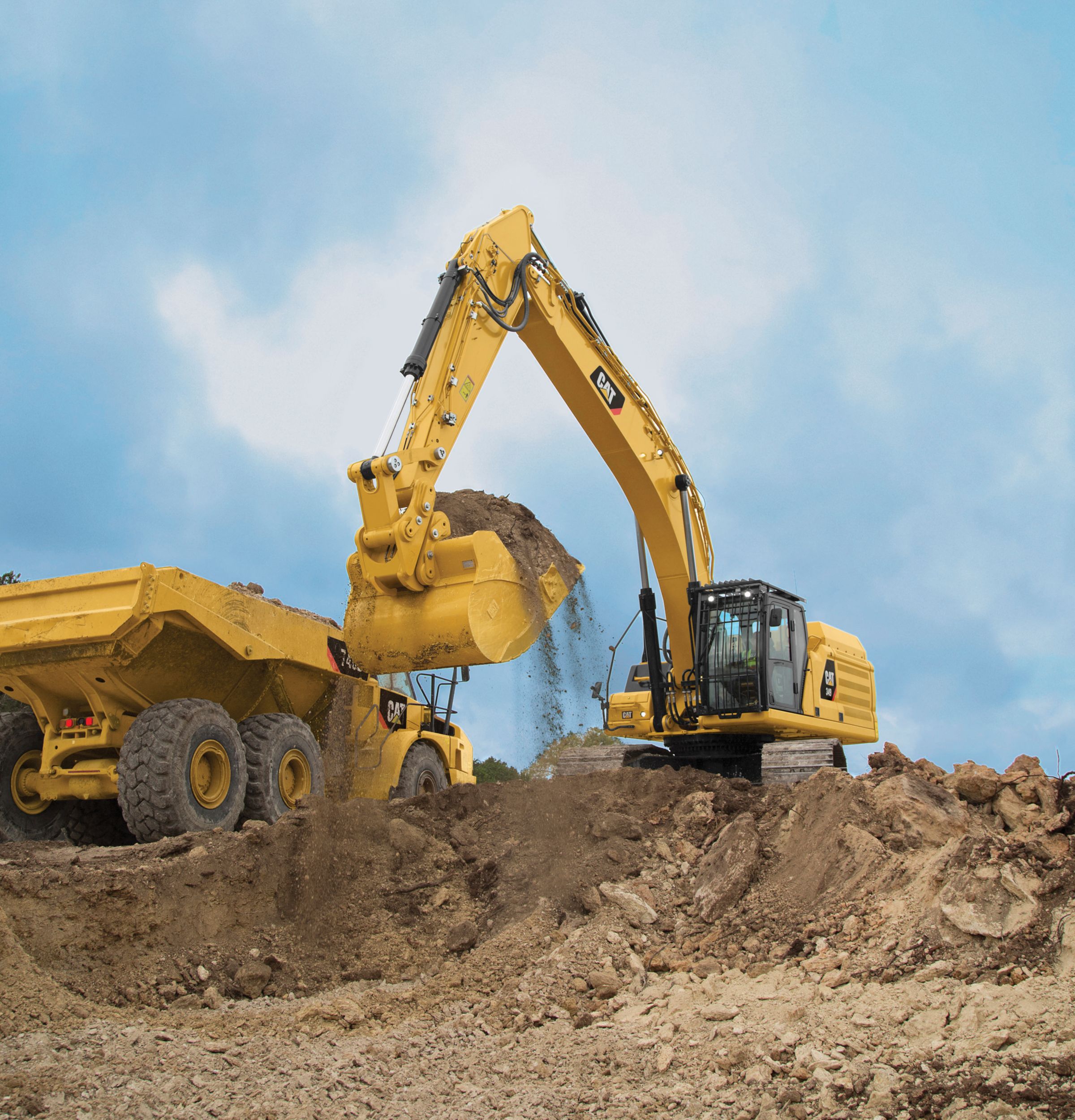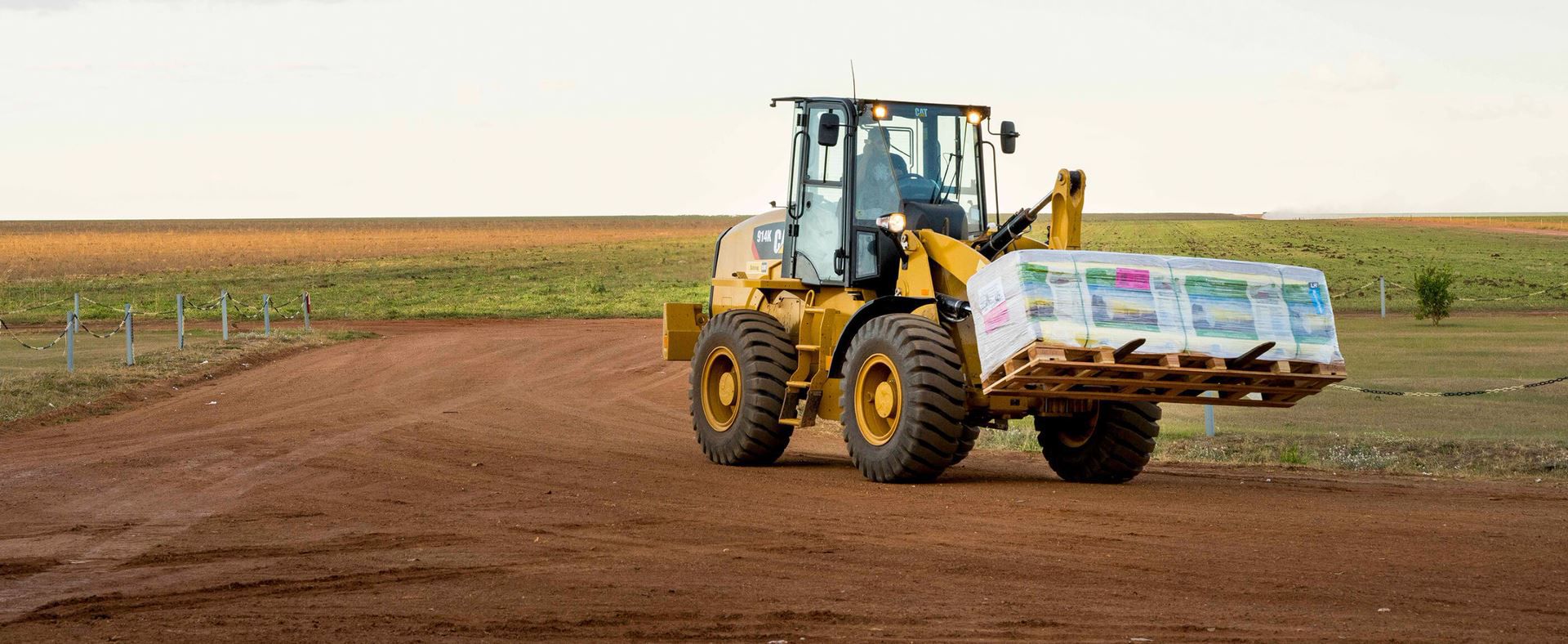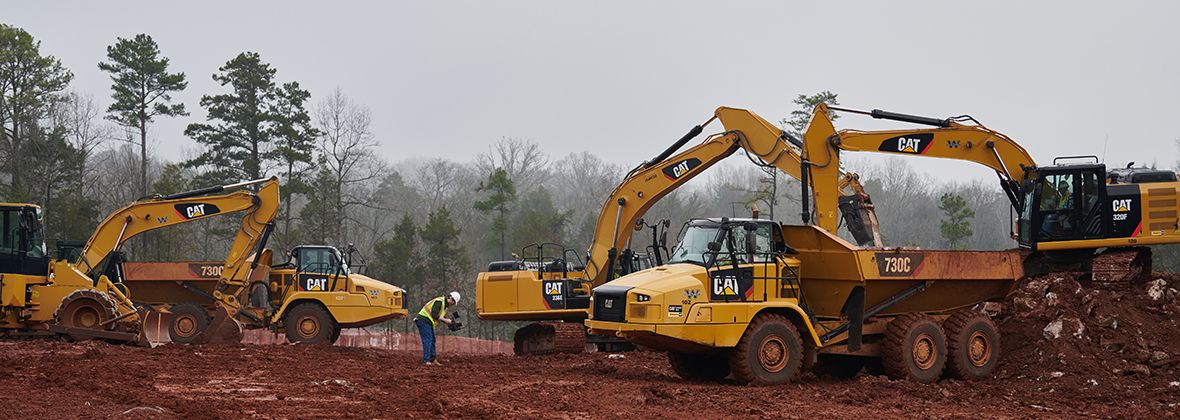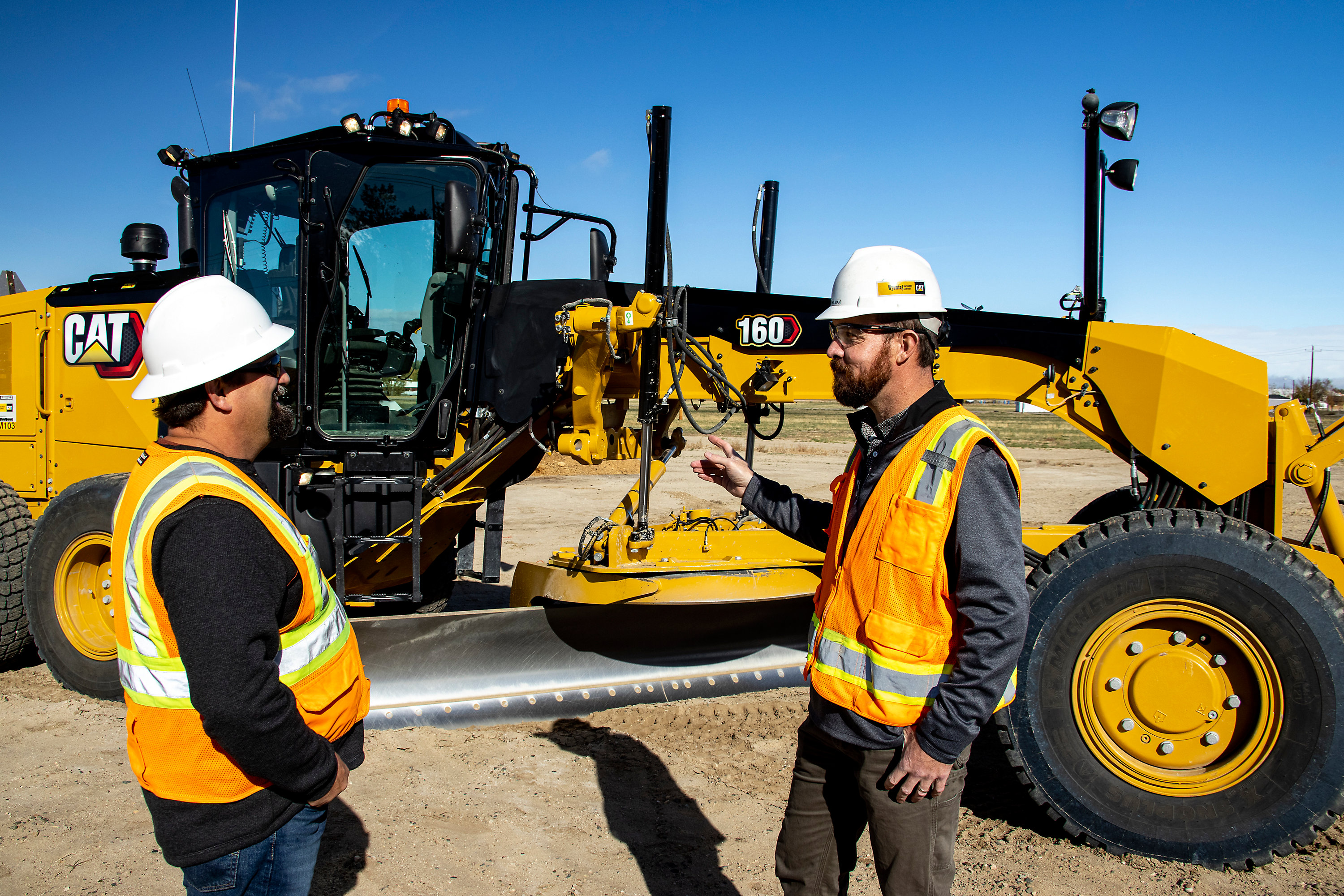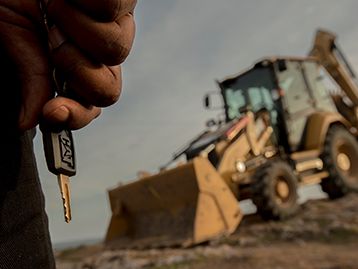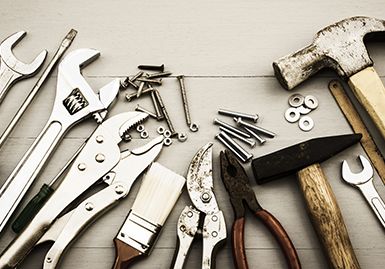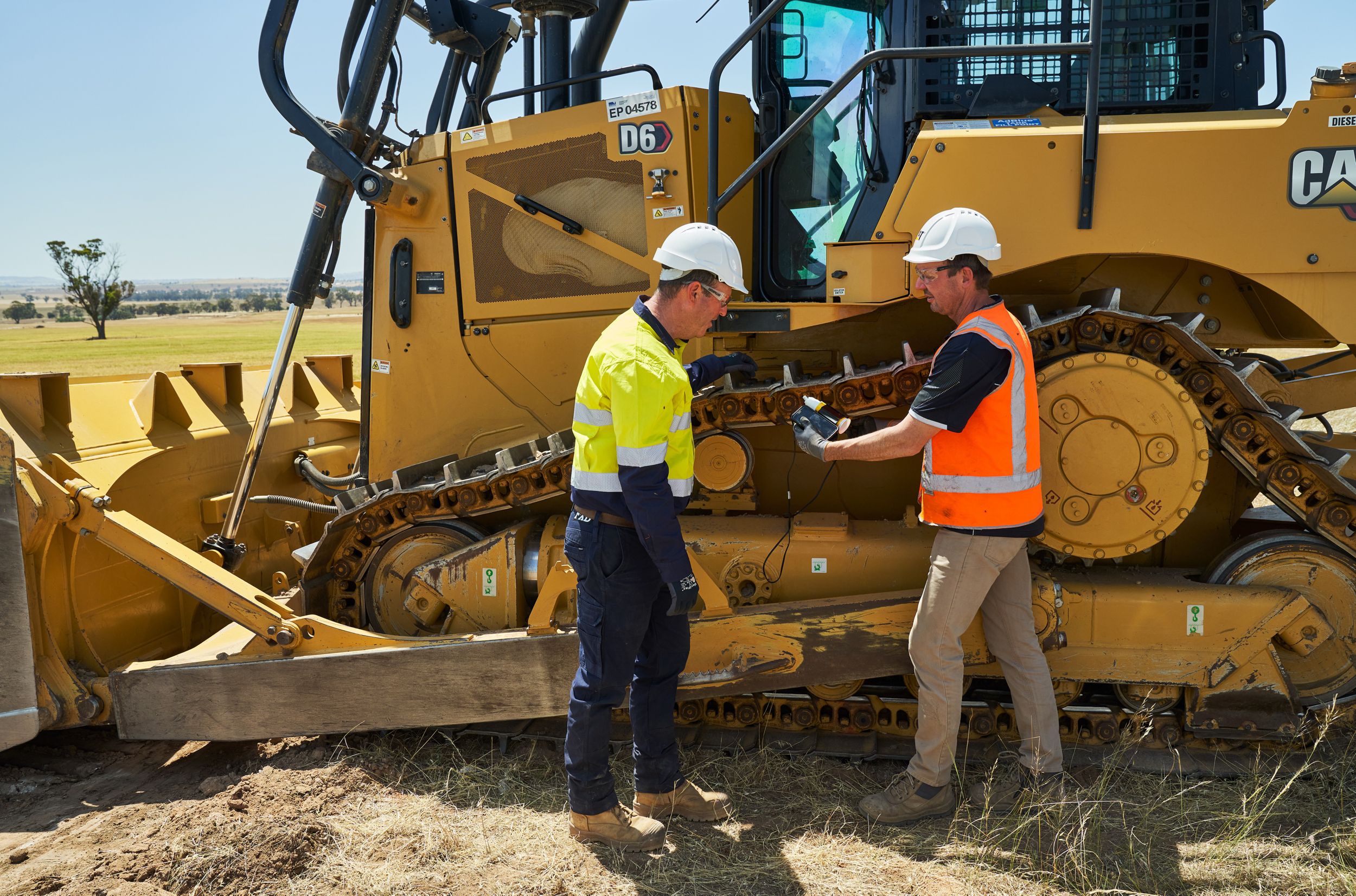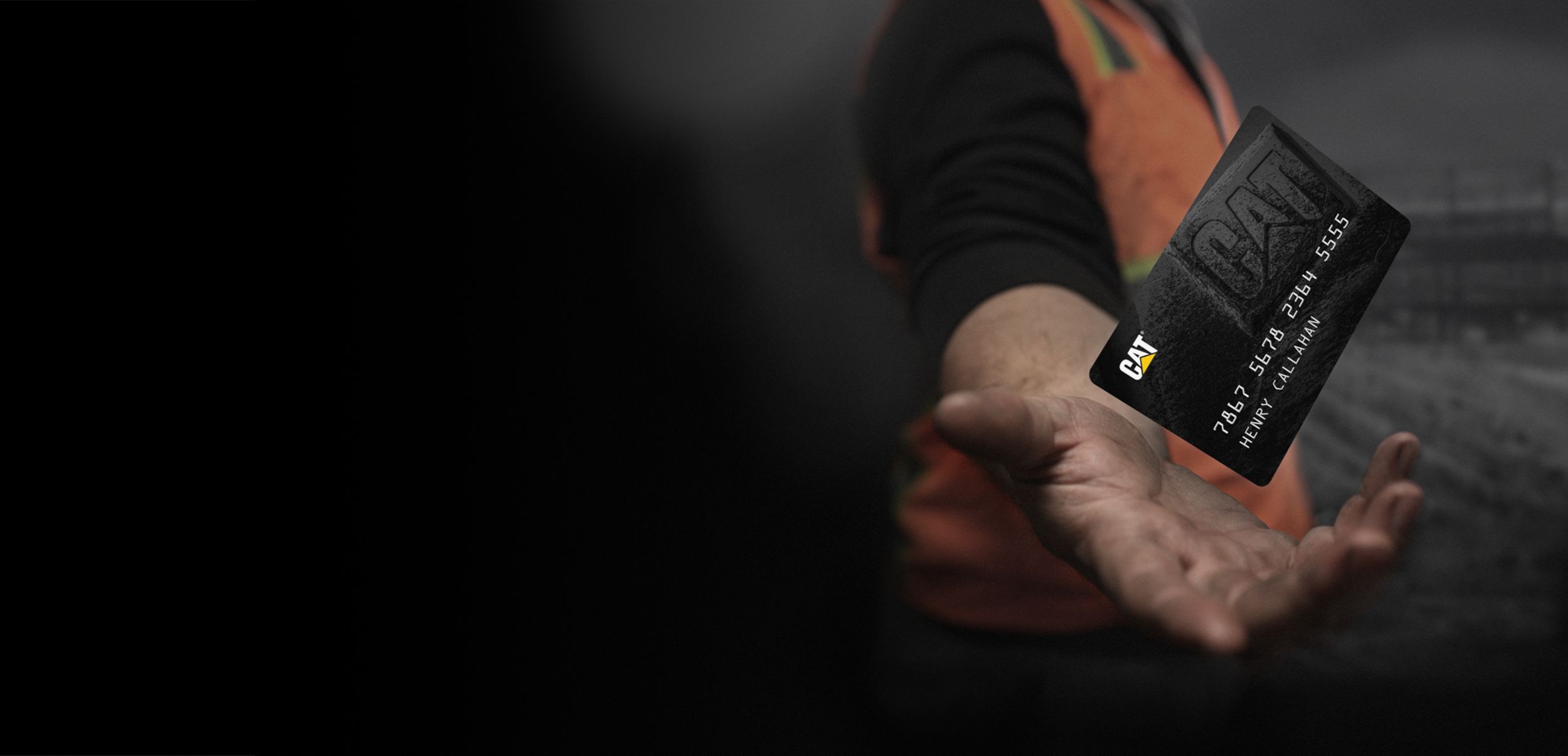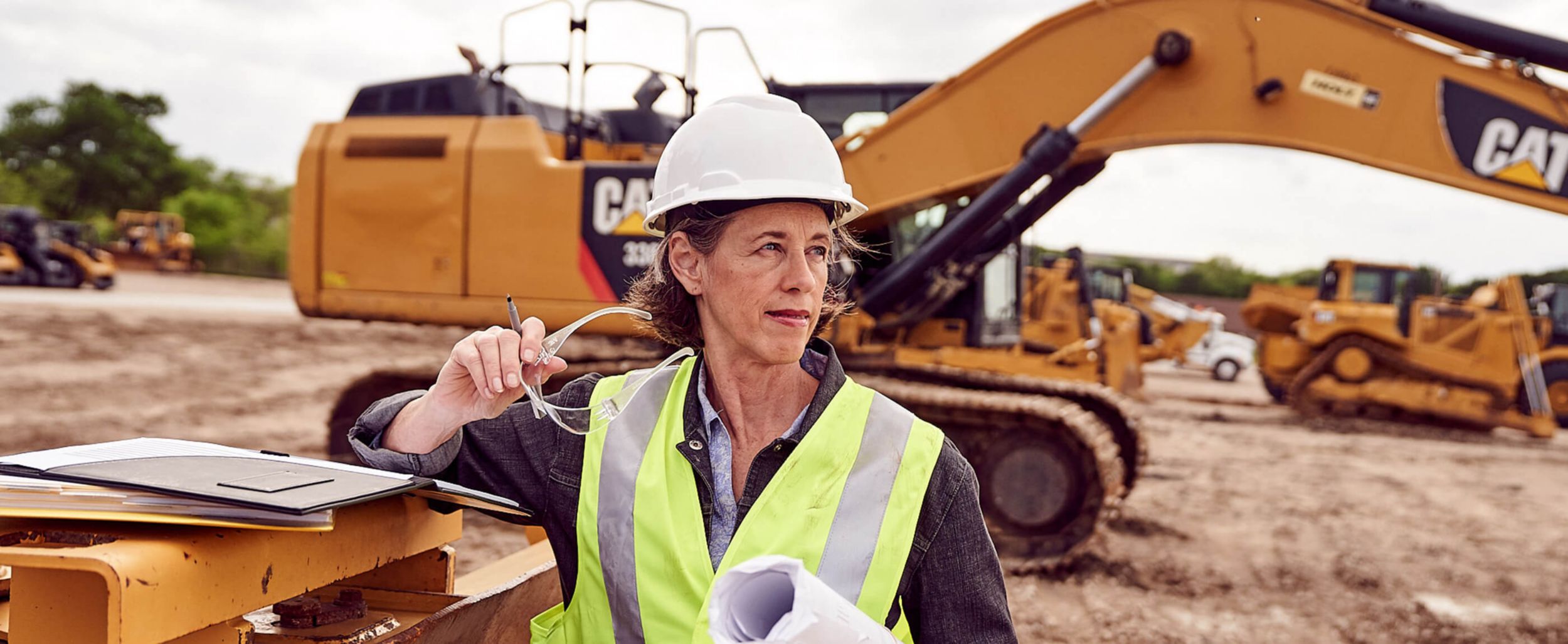If you already have an existing account with another Cat App, you can use the same account to sign in here.
One Account. All of Cat.
Your Caterpillar account is the single account you use to log in to select services and applications we offer. Shop for parts and machines online, manage your fleet, go mobile, and more.
Account Information
Site Settings
Security
Effective Use of Credit vs. Cash For Equipment Purchasing
Some construction professionals may believe cash and credit provide different means to the same end: buying equipment, machinery and other assets for a company, as well as addressing additional expenses. It's important that business owners understand the similarities and differences of these two financial assets and the potential benefits and drawbacks of each.
This knowledge is especially vital when making major purchasing decisions, like a new piece of heavy equipment. Let's look at how cash and credit compare:
Using cash to fund heavy equipment and machinery purchases
The most immediate benefit of using your cash reserves to purchase equipment and machinery is the simplicity of the transaction. Your business pays the equipment dealer and you receive the equipment. There's no lease or loan for your organization to enter into, and the new purchase is owned outright.
Of course, cash has some limitations that must be noted. It's a much more finite resource than credit. Very healthy businesses with strong revenue and profit statements can easily encounter occasional periods of time where available cash is limited. Companies that only use cash limit their ability to purchase major resources when they're needed, sometimes significantly.
Solely using cash can conflict with proactive planning of future purchases. This is one of the major ways to avoid delays and out-of-service equipment, which can disrupt operations and have a negative impact on revenue in terms of both consistency and volume. Relying solely on cash also makes it harder to take advantage of potential expansion. If a chance to grow operations presents itself and requires more equipment to be successful, a lack of cash on hand means a slower response time and the potential to completely miss out on the opportunity.
Using cash in this way means avoiding credit for the same purpose, and that reliance only on existing resources - despite the concerns previously outlined - can create a powerful peace of mind. While that attitude is understandable, it doesn't give enough consideration to the many positives and very few negatives of using credit in a responsible and organized manner.
What makes credit a good choice for major acquisitions?
Credit frequently involves some more requirements up front. Compared to situations where businesses have the necessary cash on hand, applying for a line of credit takes a longer amount of time. It also requires more work on the part of the company in terms of sharing financial statements and getting approval. Credit also involves interest payments, and frequently a down payment, as well. These additional factors involved in using credit mean it's not automatically the right choice for an organization looking to make a large purchase.
However, credit offers a number of advantages. For companies with solid financial standing, it's rarely an issue to secure credit for a large purchase. When working with a captive finance company, those advantages expand. Businesses can work with a provider that's intimately familiar with their industry and cooperatively select terms and conditions that meet the unique needs of the business. With a number of variables involved in securing financing for equipment, a captive finance company frequently gives businesses seeking credit the most agreeable terms.
Using credit creates more flexibility for organizations as well, expanding purchasing power by creating a complement to cash on hand. Many companies like to limit the use of cash to specific areas of operation, like payroll, rent and similar considerations.
A line of credit allows businesses to maintain the financial needs tied to those critical aspects of operation while leveraging the credit to make major purchases and create or maintain the capacity to make new purchases. Cash can instead be used to make the monthly payments associated with the line of credit and keep interest payments to a minimum.
Having either fixed or revolving credit at the business's disposal allows for more overall flexibility, a chance to readily respond to opportunities for growth and to proactively improve machinery and equipment.
Learn more about options for making major equipment and purchases with Cat Financial.
Additional Articles
Find in-depth articles to answer your questions about construction equipment financing, and expert tips to help you navigate today's economy as a successful business.
-
Do I Need Commercial General Liability Insurance?
Learn More -
Tools for Success: How to develop a balanced scorecard for your company
Learn More -
How Does Small Business Equipment Financing Work?
Learn More -
5 Steps to Stop Equipment Theft
Learn More -
What will the World Look Like After the Belt and Road Initiative is Complete?
Learn More -
What Is Direct Pay?
Learn More -
Managing Cash Flow When the Market Takes a Downturn
Learn More -
Maintenance Tips to Winterize Your Heavy Equipment
Learn More -
An In-Depth Guide to Mining Equipment and Technology
Learn More -
The Equipment Financing Questions You Need to Ask at Your Next Trade Show
Learn More -
Acquiring a Construction Backhoe Loader
Learn More -
Cat Equipment Financing Requirements
Take a Look -
4 Steps to Overcome Financial Hurdles
Learn More -
The Value of a Captive Finance Company
Learn More -
How Technology Can Help You Operate Your Business
Learn More -
The Tax Benefits of Buying Used Equipment
Learn More -
Bids that Beat the Competition
Learn More -
4 Tips to Generate Cash Flow as a Mining Company
Learn More -
Telematics Part 1: What Is Telematics and Why Is It Important for Construction Businesses
Learn More -
Telematics Part 2: How Equipment Technology Helps Construction Businesses
Learn More -
Caterpillar Pay for Use™ and How it Can Help
Learn More -
Financing vs. Paying Cash for Equipment
Learn More -
What Construction Jobs Aren't Worth Taking?
Learn More -
How Contractors Can Weather an Economic Downturn
Learn More -
Equipment Financing: Answering Questions and Debunking Myths
Learn More -
How to Deal with Financial Hardship in the Construction Industry
Learn More -
Equipment Financing Trends for 2021
Learn More -
Heavy Equipment Financing Calculators
Learn More -
Find Out How Skip Payments Can Help You Manage Your Business Better
Learn More -
The Benefits of Cat Power Finance
Learn More -
How to Make the Most Out of Equipment Financing
Learn More -
Flexible Equipment Financing Options
Learn More -
Options for Aquiring Heavy Equipment
Learn More -
Protecting Your Equipment from Normal Wear and Tear
Learn More -
Business Health: Identifying Priorities that Contribute to Growth
Learn More -
Grow Your Business with These 4 Tips
Learn More -
Tips for Improving Your Credit Score
Learn More -
Three Approaches to Business Risk Management
Learn More -
Understanding Federal and State Grants for Business
Learn More -
When Should You Consider Expanding Your Business?
Learn More -
The Ultimate Guide to Cat® Equipment Leasing
Learn More -
Tax Considerations for Heavy Equipment
Learn more -
What Lenders Look For: The C’s of Credit
Learn more -
What is Equipment Financing and How Does it Work?
Learn More -
Fraud Prevention Checklist: 10 tips to help protect your personal and financial information
Learn More -
Reasons to Have an Equipment Protection Plan
Learn More -
A Guide to Equipment Financing Options
Learn More -
How Bonus Depreciation Can Help Your Business
Learn More -
Benefits of Equipment Leasing
Learn More -
How to Avoid Extra Costs at the End of Your Lease
Learn More -
Understanding Your Options for Lease Modification
Learn More -
6 Things You Should Know Before Contacting Equipment Leasing Companies
Learn More -
Tools for Success: Grow Your Business with an Effective Cash Flow Template
Learn More -
4 Benefits of an Effective Business Plan
Learn More -
5 Balance Sheet Tips for Better Business
Learn More -
Tools for Success: Building a Strong Bidding Template
Learn More -
Budgeting 101: How to Create a Budget for Your Business
Learn More -
Tips for Scheduling Equipment Maintenance
Learn More -
Benefits of a Cat® Card with Cat Financial
Learn More -
Equipment Leasing vs. Financing
Learn More -
Where to Start with Equipment Financing: Business Tools and Resources from Cat Financial
GET THE GUIDE


